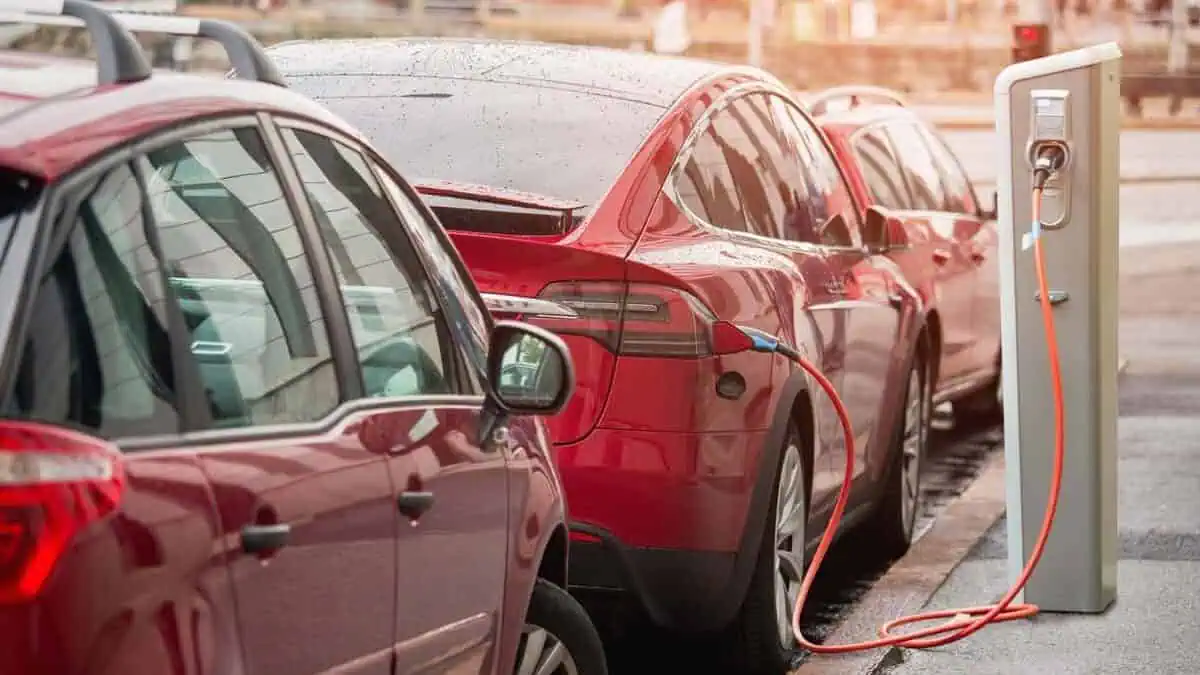Lloyds Banking Group proudly announced that it had committed a $1 billion additional investment for plug-in hybrid and electric vehicles this year. Fleet News reported that the funds were provided by the leasing and auto finance companies Lex Autolease and Black Horse, owned by the Lloyds Banking Group.
The financial breakthrough reflects Lloyds Banking Group’s commitment to sustainability as it moves closer to its £8 billion goal for financing new electric vehicles by 2024. Committedly, it calls for a 50% decrease in overall carbon emissions across the Group and the attainment of net zero emissions throughout Lex Autolease’s client fleet by 2030.
In a recent declaration of his resignation from the company, Richard Jones, managing director of transport for Lloyds Banking Group, stated:
| “As the UK’s market leader in automotive funding and leasing, we have made supporting the transition towards a zero-emission future central to our vision, helping motorists and companies along their journey to electrification. “The £1bn electric vehicle funding milestone is a testament to the sustainability-first approach that sits at the heart of both Lex Autolease and Black Horse and our overall commitment to offering practical solutions that help businesses and private owners realise the potential of making the switch to electric.” |
According to the official statement, the banking group has funded 55,451 EVs and 47,200 PHEVs, or one in every ten electric vehicles registered and operating on UK roads.
Meanwhile, over two-thirds of the Group’s vehicles are contributed by Lex Autolease, the largest fleet leasing and funding company in the UK based on the FN50. It has 69,237 vehicles supplied to date, including 37,387 BEVs and 31,850 PHEVs.
On the other hand, as Black Horse strives to assist drivers in their transition to electric vehicles, it has backed 33,414 battery-powered cars, including 18,064 BEVs and 15,350 PHEVs.
| “As the uptake of electric vehicles continues to gather pace, we’ll work closely with government departments and manufacturers to ensure that the supply of vehicles and supporting charging infrastructure is able to withstand the demand from motorists. We are also open to supporting other technologies and solutions that can accelerate the transition to net zero,” Jones concluded. |






